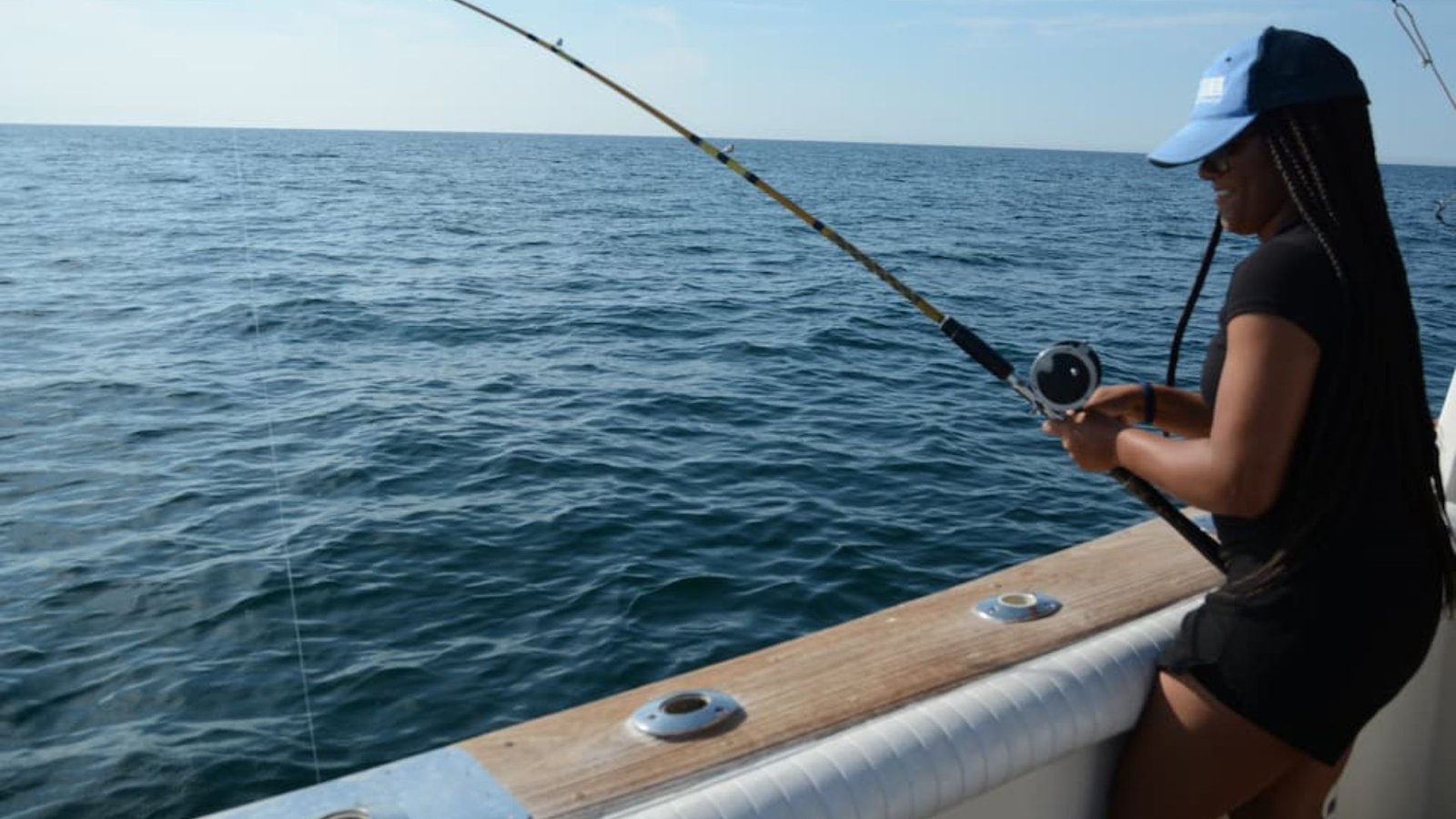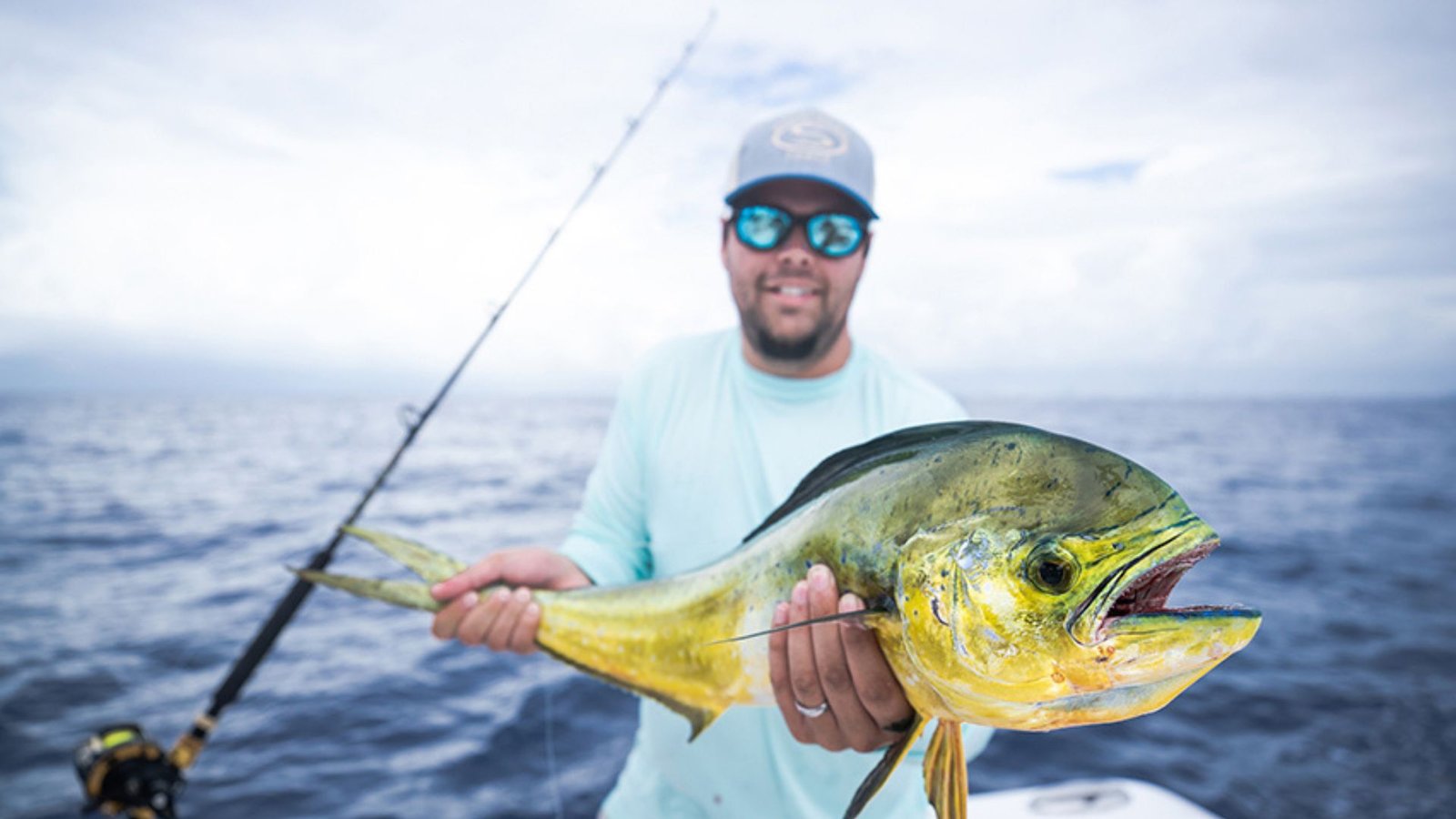Essential Facts About Sport Fishing Licenses
|
Getting your Trinity Audio player ready...
|
Sport fishing licenses serve as indispensable tools for anglers worldwide, granting them legal permission to enjoy the art of fishing in various aquatic environments. Whether angling in tranquil freshwater lakes or braving the waves of saltwater oceans, these permits are essential for ensuring compliance with regulations and conservation efforts. In this comprehensive guide, we’ll explore the fundamental aspects of sport fishing licenses, including their significance, the different types available, the process of obtaining them, and the regulations governing their use. Combination licenses grant access to freshwater and saltwater fishing areas, providing convenience. Anglers benefit from greater flexibility with these licenses.
Introduction to Sport Fishing Licenses
Sport fishing licenses are official permits issued by government agencies that authorize individuals to engage in recreational fishing activities within a specific jurisdiction. These licenses are typically required for both residents and non-residents and serve as a means of regulating fishing activities to ensure the sustainability and conservation of fish populations. While the specific regulations and requirements may vary depending on the location, the fundamental purpose of sport fishing licenses remains consistent.

Types of Sport Fishing Licenses
Moreover, sport fishing licenses come in various types, each designed to accommodate different preferences, needs, and fishing environments. The most common types of licenses include freshwater, saltwater, and combination licenses. Freshwater licenses grant permission to fish in inland bodies of water such as lakes, rivers, and streams, while saltwater licenses are required for fishing in coastal and offshore marine waters. Combination licenses grant access to freshwater and saltwater fishing areas, providing convenience. Anglers benefit from greater flexibility with these licenses.
Importance of Sport Fishing Licenses
Sport fishing licenses play a crucial role in the management and conservation of fish populations and their habitats. By requiring anglers to obtain licenses, authorities can monitor and regulate fishing activities, implement catch limits and size restrictions, and enforce seasonal closures to protect vulnerable species during critical times of their life cycle. Additionally, revenue generated from the sale of fishing licenses is often earmarked for conservation efforts, habitat restoration projects, and fishery management initiatives, ensuring the sustainability of aquatic ecosystems for future generations.
Conservation Efforts Supported by Fishing Licenses
Furthermore, the funds generated from the sale of sport fishing licenses contribute significantly to conservation efforts aimed at preserving fish populations and their habitats. These funds are used to finance a wide range of initiatives, including habitat restoration projects, fish stocking programs, research and monitoring activities, and the enforcement of fishing regulations. Anglers’ investment in conservation directly safeguards the environment and sustains fish populations and ecosystems. Their contributions enhance the recreational fishing experience while ensuring its longevity.
Requirements for Obtaining a Sport Fishing License
The process of obtaining a sport fishing license typically involves applying to the relevant government agency or an authorized vendor. Applicants are usually required to provide personal information such as name, address, date of birth, and sometimes proof of residency. Additionally, applicants may need to select the type of license they wish to purchase, depending on their fishing preferences and the areas they intend to fish. Some jurisdictions offer discounted or free licenses to seniors and military personnel. This expands fishing accessibility for diverse groups. This initiative aims to make the sport more inclusive and enjoyable for a diverse range of people.
Where to Obtain a Sport Fishing License
Sport fishing licenses can be obtained from various sources, including government agencies, authorized license vendors, and online platforms. States and provinces provide online portals for anglers to buy and renew licenses. These portals also offer fishing regulations and information. Additionally, some retailers, bait shops, sporting goods stores, and marinas may also sell fishing licenses on behalf of the government. Anglers must get a valid license and follow all regulations to avoid fines. Compliance ensures responsible fishing and protects natural resources.
Understanding Fishing Regulations
In addition to obtaining a sport fishing license, anglers must familiarize themselves with local fishing regulations and guidelines specific to the area they plan to fish. These regulations typically cover aspects such as catch limits, size restrictions, allowed fishing methods, and seasonal closures. By adhering to these regulations, anglers help protect fish populations, preserve natural habitats, and maintain sustainable fishing practices. Staying informed about fishing regulations is crucial; ignorance of the law isn’t an excuse. Stay updated to ensure compliance and avoid legal issues.
Conclusion
In conclusion, sport fishing licenses are not just permits to fish; they are essential tools for managing and conserving fish populations, protecting aquatic ecosystems, and ensuring the long-term sustainability of recreational fishing. Obtaining a fishing license directly supports conservation efforts for future generations. Anglers contribute to preserving fish stocks and habitats by obtaining licenses. Responsible anglers, whether fishing in freshwater streams or saltwater bays, prioritize adherence to regulations and respect for natural resources. They are committed to practicing ethical and sustainable fishing methods to preserve marine ecosystems for future generations.
- Fishing Licenses for Beginners
- Top Fishing Tips for Beginners
- FISHING TRIP ESSENTIALS
- Sustainable fishing practices and conservation efforts

